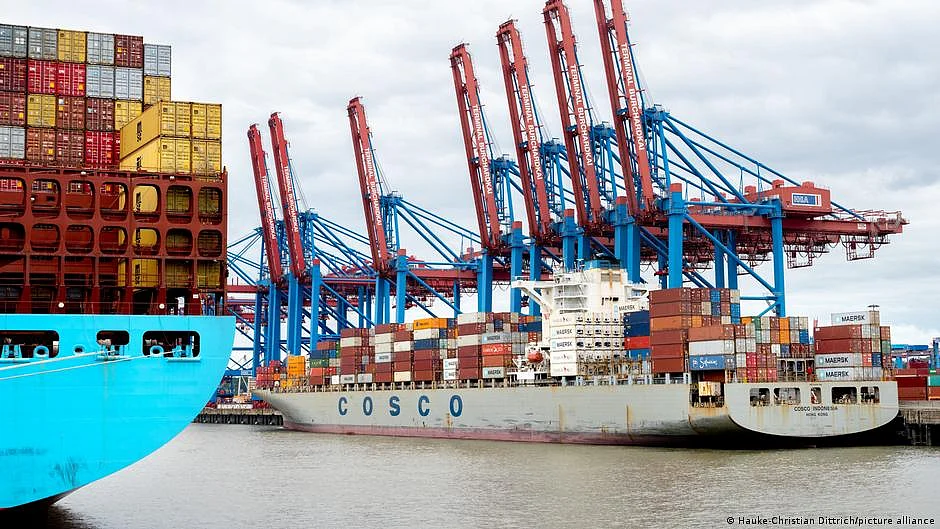Threat of centralisation in newly passed Ports Bill worries states
Several Opposition-led states have formally objected, calling it a breach of their constitutional powers

The Lok Sabha on 12 August, Tuesday, pushed through the Indian Ports Bill, 2025, by voice vote amid raucous Opposition protests, effectively drowning out debate on a measure critics warn could erode state powers and hand the keys of the India’s ports sector to a centralised authority.
Touted by the union minister for ports, shipping and waterways Sarbananda Sonowal as a “milestone” in India’s maritime journey, the legislation replaces the century-old Indian Ports Act, 1908, with a new framework promising integrated port development, environmental safeguards, and streamlined digital processes. The government claims it will boost efficiency, reduce logistics costs, and prepare India for global maritime leadership by 2047.
But opponents say the fine print tells a different story — one of shrinking state autonomy, growing central control, and the risk of deepening monopolies in the sector.
At the heart of the controversy is the expanded role of the Maritime States Development Council (MSDC), a body now brought into statute and chaired by the union minister, with the Centre holding decisive influence. While presented as a consultative forum, the MSDC’s composition sidelines state secretaries responsible for ports and strips states of the power to amend their own maritime boards without central consent. Dispute resolution powers, currently held by states, are to be shifted to tribunals constituted by the Centre now.
Financially, the move could see states lose significant revenue from non-major ports, which have flourished under decentralised governance. By placing these under a centralised regulatory regime, critics argue, the Bill risks stifling regional innovation and imposes a one-size-fits-all development model.
Several states, including Tamil Nadu and Kerala, have lodged formal objections, calling the legislation an encroachment on their constitutional powers. The Opposition has also flagged sweeping powers granted to port officials for entry, inspection, and enforcement without adequate safeguards, warning of a return to an inspector raj.
While there is no official confirmation that the law directly benefits any single corporate group, concerns persist over how such centralisation could favour dominant private operators already entrenched in India’s port sector. The Adani Group, for instance, controls a vast network of ports and has been rapidly expanding its footprint, raising fears that policy shifts could tilt the playing field in favour of a few large players at the expense of smaller competitors and state-led initiatives.
That the Bill was passed in the din of protest — without full debate or clause-by-clause scrutiny — has only deepened scepticism. For many, this is less about maritime reform and more about the quiet consolidation of power in an industry critical to trade, revenue, and strategic influence.
The government may hail the Indian Ports Bill, 2025, as a forward-looking leap. Its critics, however, see a dangerous drift towards centralised control — and the first signs of a tide turning against India’s federal spirit.
Follow us on: Facebook, Twitter, Google News, Instagram
Join our official telegram channel (@nationalherald) and stay updated with the latest headlines
